“Manchester City players are tired of me and my style” – Pep Guardiola voices out
Pep Guardiola, the mastermind behind Manchester City’s era of dominance, has rarely been one to shy away from candid self-reflection. Known for his relentless intensity and perfectionist tendencies, he has always acknowledged the emotional and physical toll his methods take on players. But his latest admission—that Manchester City’s players are tired of him and his style—marks a rare moment of vulnerability that could have seismic implications for the future of both manager and club.
This statement, real or symbolic, raises questions about Guardiola’s longevity, the natural lifecycle of football projects, and whether the Catalan’s demanding philosophy can continue to thrive in an era of constant change.
—
1. The Weight of Perfection
Since arriving at Manchester City in 2016, Guardiola has revolutionized English football. Four Premier League titles in a row, six in seven seasons, a historic treble in 2023, and countless tactical innovations later, his legacy is unquestionable. Yet, the very intensity that fuels his success is also what grinds down those closest to him.
Guardiola’s style—meticulous positional play, endless rehearsals of build-up patterns, and constant re-calibration—requires near-obsessive commitment. Players are not just asked to run hard, but to think with precision, adapt in real-time, and deliver tactical discipline in every phase of play. For years, this formula has yielded dominance. But as Guardiola himself now suggests, saturation may have set in.
In elite sport, even the most brilliant systems risk becoming repetitive. The message, however sharp, eventually begins to feel familiar. For players who have worked under Guardiola for five, six, even seven seasons, fatigue is inevitable—not just physical, but psychological.
—
2. Historical Echoes
This is not the first time Guardiola has acknowledged the limits of his methods. At Barcelona, he walked away after four years, citing exhaustion and the feeling that his players “needed a new voice.” At Bayern Munich, he departed after three seasons, admitting that his relentless style had run its course despite domestic dominance.
Manchester City, however, has been different. Guardiola has now lasted nine years—more than double his Barcelona stint and triple his Bayern reign. But perhaps the same natural law applies: eventually, players tire of being micromanaged, of being asked to sustain impossible standards week after week.
His candid admission reflects this cycle repeating itself. Guardiola’s brilliance burns bright, but it also consumes—and after nearly a decade at the Etihad, it is no surprise that some in the squad may be feeling the weight.
—
3. The Players’ Perspective
What does it mean for players to be “tired” of Guardiola’s style? It is unlikely to mean outright rebellion. Few would deny that his methods have made them better footballers and delivered unprecedented success. Rather, the fatigue may manifest in subtle ways:
Motivational dip: Training sessions once viewed as invigorating become monotonous, as players rehearse patterns they know by heart.
Mental overload: Constant tactical adjustments—full-backs inverted one season, centre-backs stepping into midfield the next—require perpetual adaptation, which can sap enjoyment.
Physical strain: The pressing and possession game Guardiola demands is relentless, leaving little space for instinct or freedom.
Generational gap: Younger players coming into the squad may thrive under instruction, but older veterans, who have lived through years of it, may crave fresh energy.
None of these dynamics necessarily imply mutiny. But they do suggest a creeping stagnation that even Guardiola himself has now recognized.
—
4. Signs of a Plateau
City’s recent struggles provide evidence that this fatigue may already be impacting performance. Their worst start to a Premier League season since 2004–05 has exposed cracks in both execution and mentality. Games that City once controlled with suffocating ease now appear open, with lapses in concentration and sluggishness in transitions.
It is no coincidence that Guardiola’s most trusted lieutenants—Kevin De Bruyne, Bernardo Silva, Kyle Walker—are also among the longest-serving. They have absorbed his methods for years, and while their loyalty remains unquestioned, sustaining hunger at the same intensity is a monumental challenge.
—
5. The Guardiola Dilemma
Guardiola’s acknowledgment of player fatigue leaves him at a crossroads. Does he double down, refreshing the squad to give his methods new life? Or does he accept that his time may be nearing its end?
Two factors complicate this dilemma:
Contract length: Guardiola is tied to City until 2027, but history shows he rarely overstays once he feels the message is wearing thin.
Club dependency: City’s entire identity—positional play, recruitment strategy, academy philosophy—is built around his vision. A departure would demand a structural rethink.
For Guardiola, the question is as much personal as tactical: does he still have the energy to reinvent himself and his squad once again?
—
6. The Case for Renewal
Guardiola may be right that some players are tired of him—but fatigue does not always mean failure. Sometimes it signals the need for renewal. City have weathered similar moments before: after Liverpool ended their dominance in 2020, Guardiola refreshed his system, leading to three straight titles.
A new cycle could emerge if the club rejuvenates key areas:
Midfield succession: With De Bruyne and Kovacic aging, fresh legs are essential to re-energize the engine room.
Attacking diversity: Guardiola’s style can sometimes suffocate spontaneity. Allowing more freedom for attackers like Haaland, Doku, or Foden could restore excitement.
Cultural reset: New signings bring fresh hunger and prevent the squad from feeling stale. Guardiola has always excelled at integrating new leaders into old groups.
By evolving rather than abandoning his philosophy, Guardiola could once again find the spark that reinvigorates both him and his players.
—
7. The Case for Departure
Equally, Guardiola’s words could be read as a precursor to an eventual exit. He has always been self-aware enough to leave before decline sets in. At Barcelona and Bayern, he departed while still winning, but sensing diminishing returns.
At City, he may be tempted to do the same. After delivering every trophy available—including the long-sought Champions League—he has little left to prove. Leaving now, or in the near future, would allow him to end on a high rather than risk being remembered for stagnation.
Moreover, the very candor of his admission suggests he is weighing his options. Guardiola rarely speaks without purpose. To admit publicly that players are tired of him could be interpreted as planting seeds for a graceful, planned exit rather than a sudden collapse.
—
8. Wider Implications
Guardiola’s statement reverberates far beyond Manchester. For rivals, it offers a glimmer of hope: perhaps the era of City dominance is nearing its conclusion. For City’s board, it demands urgent reflection: how do you prepare for succession in the event that your most transformative figure departs?
And for the footballing world at large, it raises an enduring question: can Guardiola’s high-intensity philosophy be sustained over more than a decade at one club? Or is burnout—of players, manager, or both—an inevitable feature of his greatness?
—
Conclusion: A Crossroads Moment
Pep Guardiola’s admission that “Manchester City players are tired of me and my style” may not be a resignation speech, but it is a moment of truth. It highlights the fragile balance at the heart of all dynasties: the same intensity that drives unprecedented success can also sow the seeds of fatigue.
For Guardiola, the path forward will depend on his capacity to reinvent—himself, his squad, and his style. For City, it may be the first real test of what life after Pep could look like, even if his exit is not imminent.
What remains undeniable is that Guardiola’s candid honesty keeps him human in a game that often demands superhuman standards. Whether renewal or departure lies ahead, this moment marks the beginning of a new chapter in the Guardiola-City saga—a reminder that even the greatest projects eventually face their reckoning.
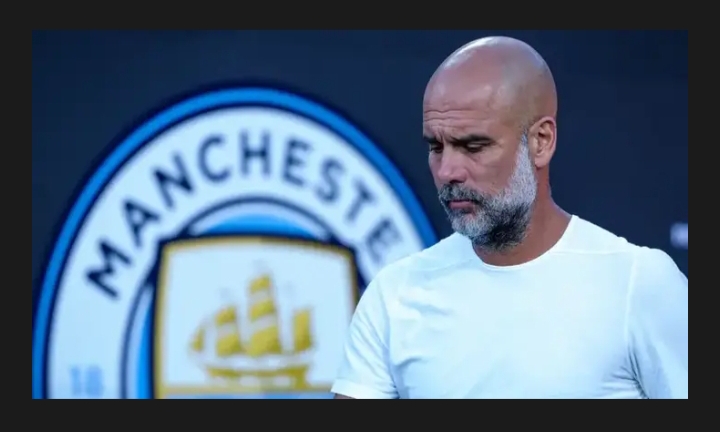
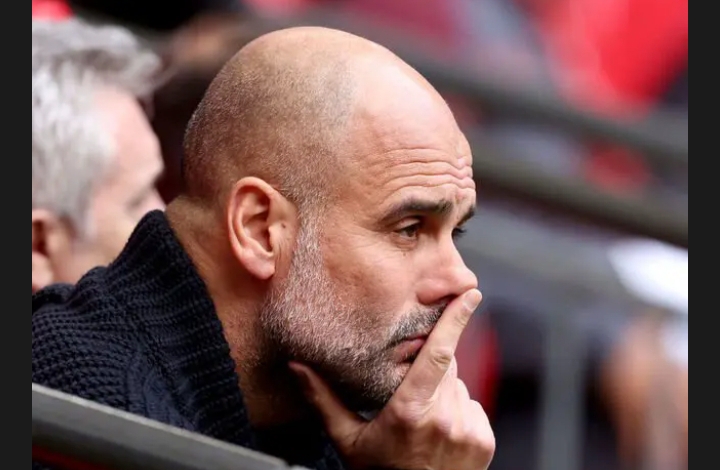
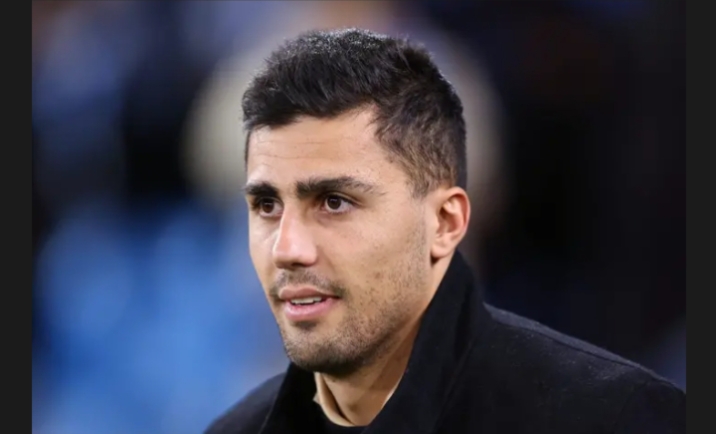
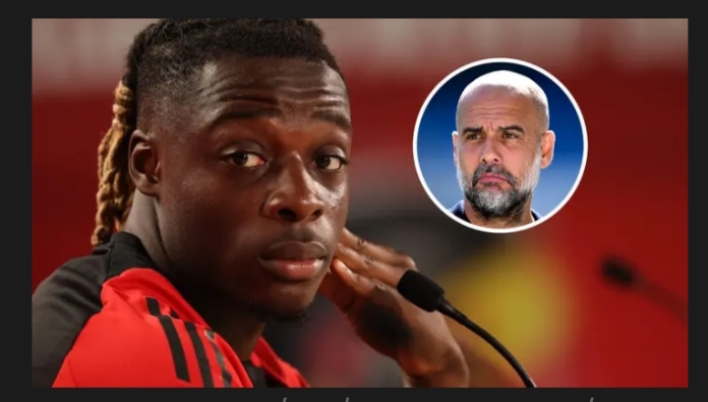
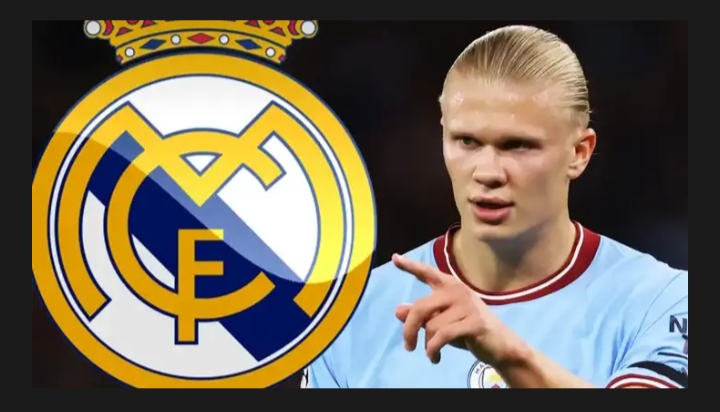
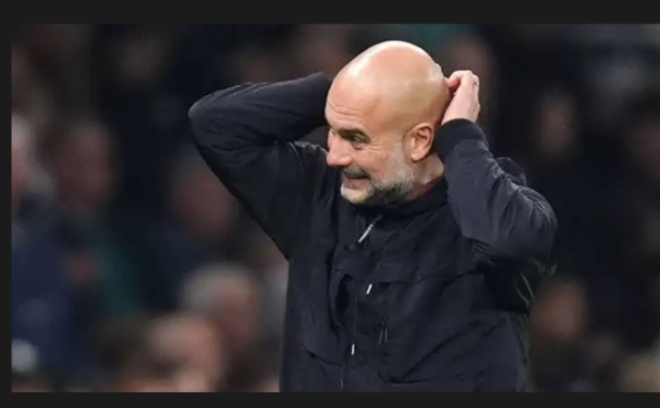
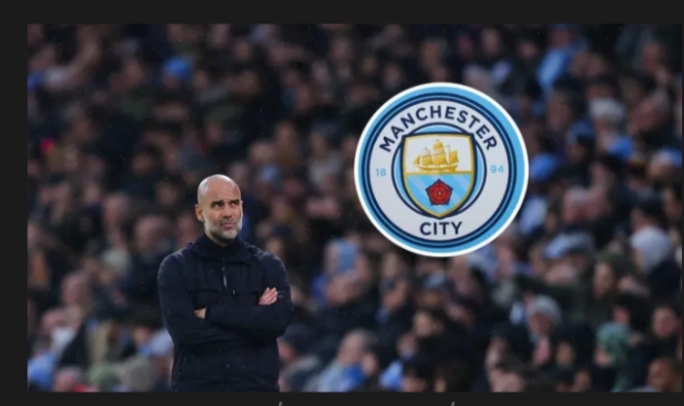
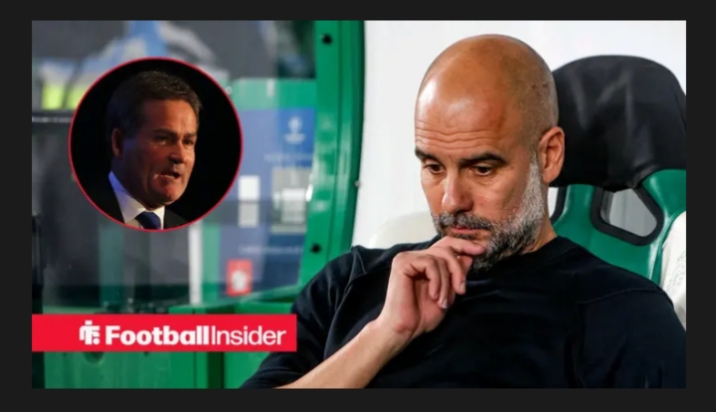
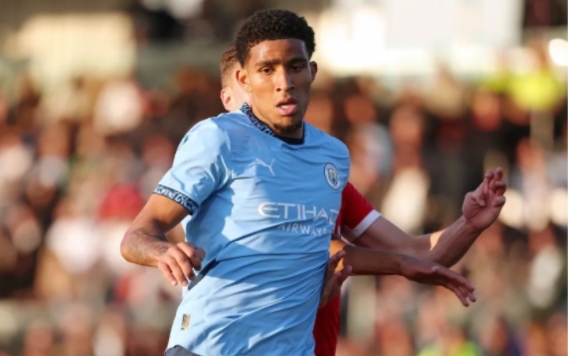
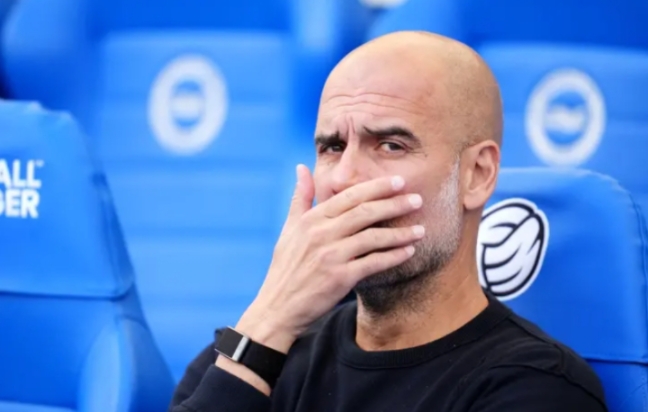
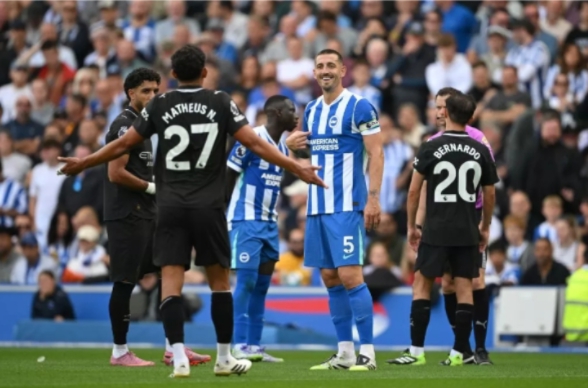
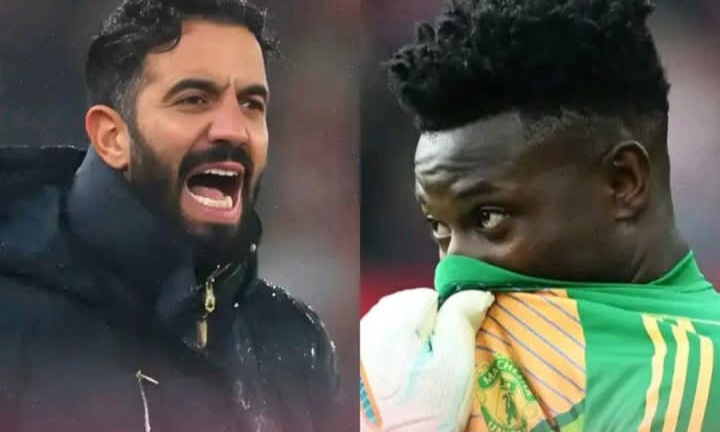
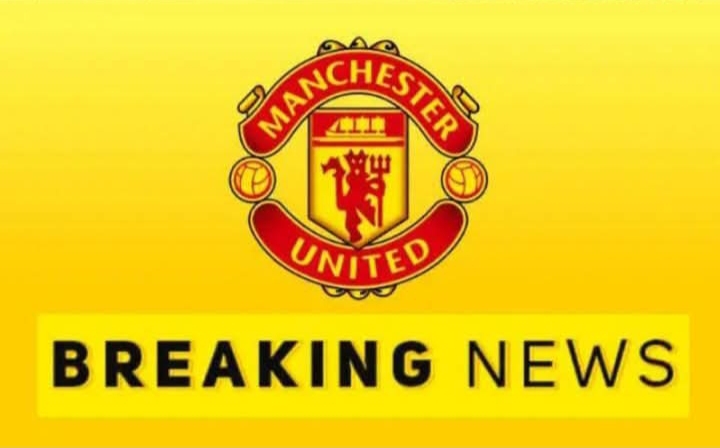

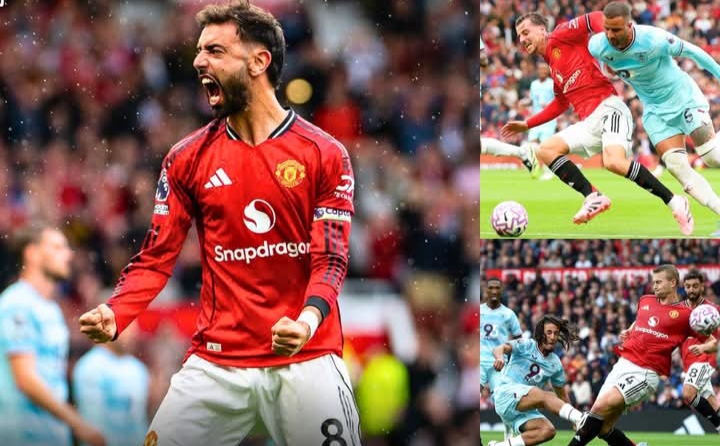
Leave a Reply